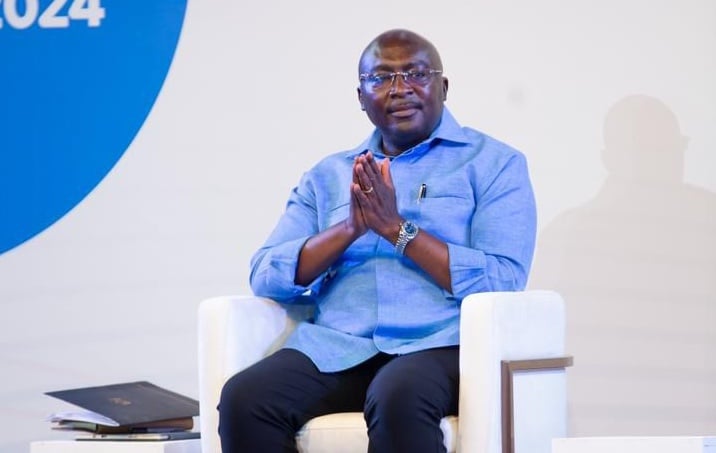The Friends of Bawumia, a political advocacy group, are championing Dr. Mahamudu Bawumia as the New Patriotic Party’s (NPP) presidential candidate for the 2028 elections. Their argument centers on the premise that Bawumia’s previous experience as the party’s flagbearer in 2024, coupled with the historical precedent of successful presidential candidates in Ghana requiring multiple attempts to secure victory, makes him the most strategic and unifying choice. The group emphasizes that the NPP, still reeling from its 2024 defeat, cannot afford another divisive and financially draining internal contest. They believe that Bawumia’s established national presence and the likelihood of the National Democratic Congress (NDC) presenting a fresh, untested candidate in 2028 give Bawumia a significant advantage. Instead of risking a “dangerous political experiment” with a new candidate, the group urges the party to prioritize continuity and unity by rallying behind Bawumia.
The group’s appeal draws heavily on historical parallels within Ghanaian politics. They cite the examples of former President Nana Akufo-Addo, who contested and won the NPP primaries multiple times before ultimately securing the presidency, and former President John Agyekum Kufuor, who faced internal challenges before emerging victorious. These examples, according to the Friends of Bawumia, demonstrate that perseverance, name recognition, and party unity are essential ingredients for electoral success. They argue that Bawumia, having already navigated the complexities of a national campaign, possesses the necessary experience, resilience, and national acceptance to lead the NPP to victory in 2028.
Furthermore, the Friends of Bawumia highlight the strategic advantage Bawumia holds over a potential new NDC candidate. They anticipate that the NDC will likely field a fresh face in 2028, requiring that candidate to invest significant time and effort in building national recognition and trust. In contrast, Bawumia has already established himself on the national stage, benefiting from increased name recognition and established relationships across diverse regions and demographics. This, they contend, positions him favorably against a newcomer who would be undertaking their first national political test. The group warns that pitting a new NPP candidate against a new NDC candidate would be a risky gamble, potentially jeopardizing the party’s chances of recovery after the 2024 loss.
The call for Bawumia’s endorsement is not merely based on sentiment or loyalty, the group insists, but on a pragmatic assessment of the current political landscape. They argue that the NPP, weakened by its recent electoral defeat, needs to prioritize healing internal divisions and projecting a unified front. Another protracted and expensive internal contest, they caution, would further deplete the party’s resources and exacerbate existing fractures. Instead, they advocate for a strategic approach that leverages Bawumia’s existing strengths and avoids the risks associated with introducing a new, untested candidate. This, they believe, is the most effective way to rebuild and regain the trust of the Ghanaian electorate.
The Friends of Bawumia portray Dr. Bawumia as a seasoned and tested leader who has already proven his commitment to the party and his ability to connect with voters across the country. They believe he represents the best hope for the NPP to regain its footing and reclaim the presidency in 2028. By emphasizing his experience, resilience, and established national presence, they aim to persuade the party to bypass another potentially divisive internal contest and unite behind a candidate they believe has already demonstrated his readiness to lead.
In essence, the Friends of Bawumia are making a case for stability and continuity in a time of political uncertainty. They are urging the NPP to learn from history, recognize the strategic advantages offered by their previous flagbearer, and prioritize unity over internal competition. They believe that by rallying behind Dr. Bawumia, the NPP can not only heal its internal divisions but also position itself for a successful return to power in 2028. They portray this not as a matter of sentiment, but as a matter of pragmatic political strategy, essential for the party’s future and the future of Ghana.














